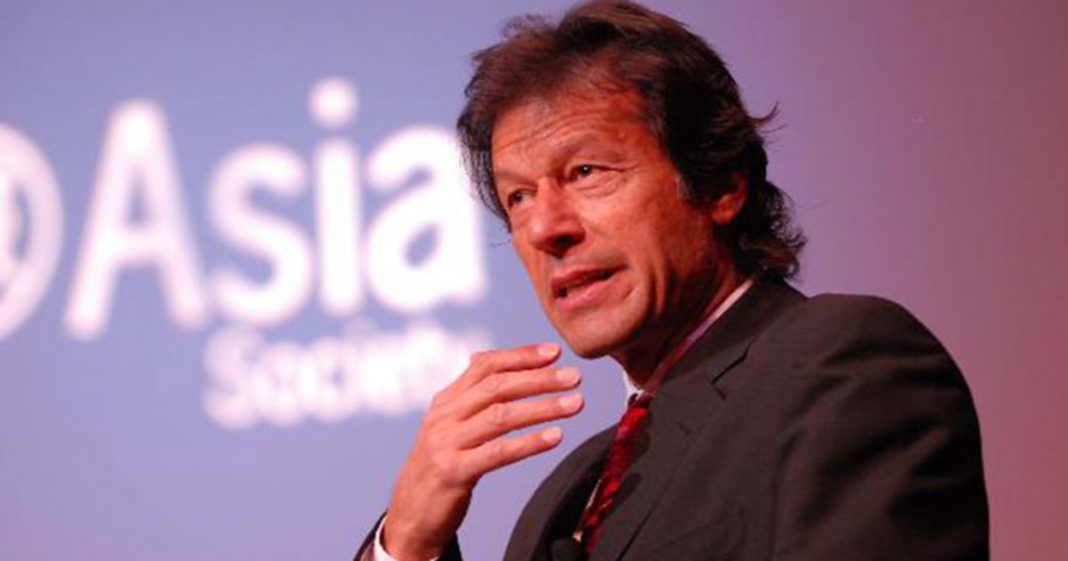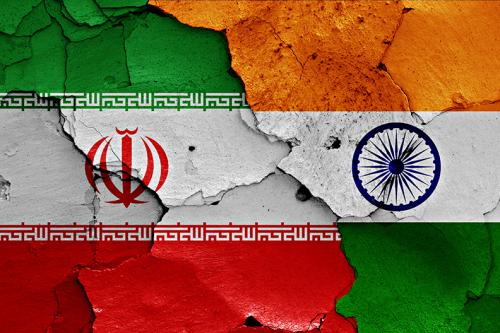The prime minister of Pakistan wrote an article for ‘’The Times’’- a British National Daily in which he expressed his commitment to work with other global leaders to combat the threat of climate change. Highlighting the challenges that the country is facing due to global warming, the premier said that the only way to counter these are by shifting towards a low carbon economy.
PM Khan started off by explaining the devastating effects that the last year’s monsoon rains had on the country which left hundreds of people homeless and hundreds of them dead. Though Pakistan is used to handling heavy monsoon rains, the past year was particularly intense, primarily because of climate, he said.
Pakistan is ranked as the 8th most vulnerable country to climate impacts on The Global Climate Risk Index and the climate disasters frequency since the past two decades has kept on increasing. Till now, Pakistan has lost 9,989 lives, suffered economic losses worth $3.8 billion and witnessed 152 extreme weather events, wrote the premier.
He pointed out that though Pakistan only emits less than 1 per cent of global carbon emissions and is not a contributor to the globally changing climate, it is still committed to work for a global solution by pushing the growing economy on to a “greener, cleaner and low carbon future”.
Read More: Climate Change and Pakistan’s Water Security
Talking about the country’s transition to green energy, the premiere said, ‘’ My government has set in motion plans to shift, by 2030, 60 per cent of our energy mix towards clean carbon free energy and 30 per cent of our transport towards green electric mobility”.
He mentioned that Pakistan was the only country in the world with an expanding mangrove forest that was helping to increase the carbon rich ecosystem by 300 percent in the past few decades and now further increasing it to over half a million acres within the next three years.
“My Government has put its trust and confidence in “nature-based solutions” with the associated benefit of creating 85,000 new green jobs in the past year alone,” he said.
He stressed that adapting to climate change has become a challenge and it is now vital to invest in early warning systems, climate proofing of flood prone infrastructures, establishing cross-country disaster management networks and working with local communities.
Pakistan’s climate change expenditure is already hovering menacingly at about 6 per cent of the annual federal budget, a figure poised to rise further as impacts begin to bite, he remarked.
A holistic approach to tackling climate change is needed including financial commitments. https://t.co/k2thUEgB7E
— Imran Khan (@ImranKhanPTI) March 31, 2021
The prime minister said that adapting to inescapable climate change comes with acute economic costs, adding that “With rising impacts, our adaptation finance needs have been estimated at $7-14 billion every year”.
He further stated how Pakistan like all developing countries has been severely impacted by the pandemic and in this backdrop, the Glasgow COP26 summit was critical as it offered an opportunity to address these challenges through understanding, collaboration and co-operation.
The premiere recalled that in 2015, an analysis indicated that developing countries would need around $400 billion in climate finance support to shift towards low carbon development pathways, however there was a drop in clean energy transition due to the failure of developed countries to deliver the promised $100 billion/year of climate finance by 2020 – a commitment that remains weak on actual deliverance.
He expressed the intention to travel to COP26 in Glasgow with hope and optimism showcasing Pakistan’s positive climate actions but said that “without a strong climate finance deal on the table, there may not be any agreement at COP26 an outcome we can all ill afford”.














